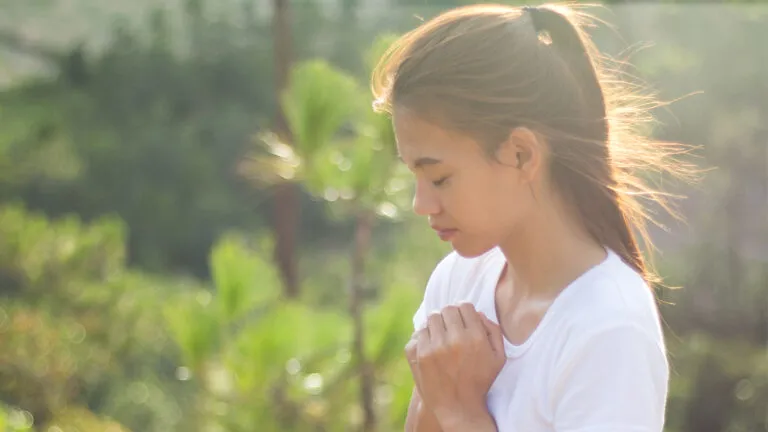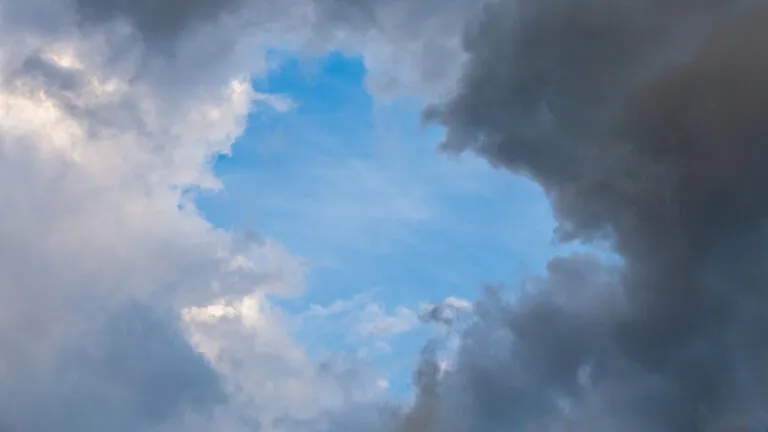Now that the 20th anniversary of September 11 has passed, I wonder if we will ever commemorate the tragic loss of life on that infamous day with such ceremony and solemnity. Milestones, like gravestones, tend to fade with time.
On September 12, 2001, life moved on in most of the country—not as it was before, certainly, not in the absence of the aftershock of the attacks, but more or less the same. People resumed their daily routines, however shaken, very much like the routines that the nearly 3,000 people who perished at the World Trade Center had themselves started their day with just 24 hours before. Unthinking, unsuspecting, unknowing.
Yet nothing was the same in New York, especially in Manhattan, not with that smoldering pile of mass death still fouling the air, as it would for weeks. You couldn’t go south of 14th Street without i.d. The city still seemed crouched somehow, as if it wasn’t over yet.
And it wasn’t. Everywhere you went there were posters attached to buildings and lampposts and subway entrances, just about any surface. Pictures of loved ones who were in the towers when they collapsed and hadn’t been heard from, would never be heard from, a fact most people knew deep in their hearts but weren’t ready to accept the unbearable. So there were the pleas, thousands, some typed, some scrawled, “Have you seen…” “Whereabouts unknown…” “Please help us find…” “Please contact…”
You saw the faces of victims on every corner you turned, pictures of ghosts. Families besieged hospitals in the desperate hope that somehow their husband or father or wife or daughter or son or lover or friend or neighbor had survived the fiery collapse and was wandering around with a head injury and amnesia.
I remember a woman interviewed on the news who kept saying about her husband, “I know he survived. He was a survivor. We just have to find him.” Then there was one heartbreaking appeal simply scrawled on a building wall, “Please give me back my son.”
Humans have trouble letting go and the deeper you love the harder it is. Paradoxically, there is nothing more universal yet more solipsistic than grief. The pain can enshroud you.
As winter moved in, slowly those posters disappeared, faded or blown away by the wind. I remember one flapping on a lamppost outside my apartment building. His name was Todd, a young man. No one had the heart to remove it, least of all me. I saw it every morning when I walked the dogs. One day it simply wasn’t there.
The city moved on and behind it a procession of the bereaved, some grieving to this day, which is why we commemorated the 20th anniversary so fervently. Some families will never be the same, and we must honor that mourning even as the memory of the tragedy itself, like so many thousands of missing posters, finally fades. May our prayers never do so.
An interesting note: Using advanced DNA technology, the New York City Medical Examiner’s Office continues to identify Ground Zero victims through bone fragments sifted from the rubble of the towers. To date, 1,646 victims have been identified, giving families the blessing of a proper burial and to finally remove that missing poster from their hearts.







